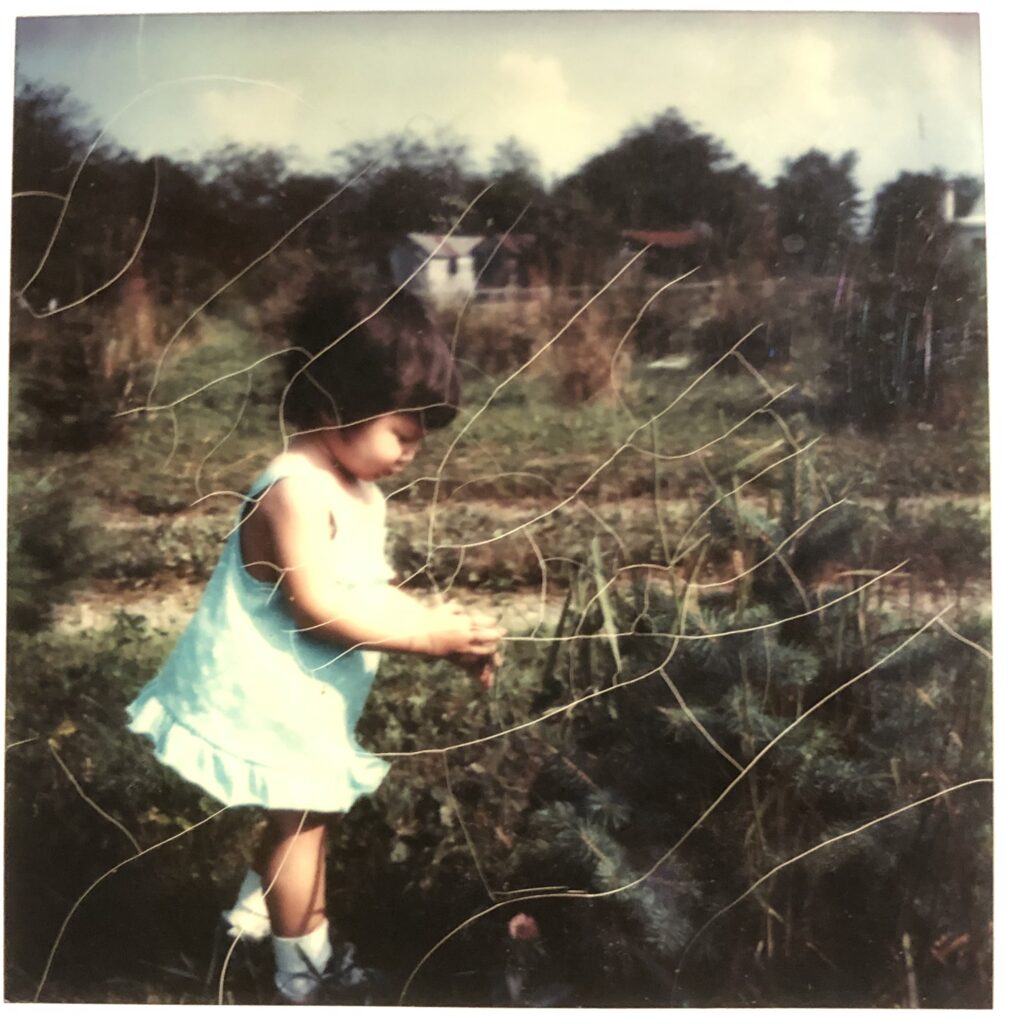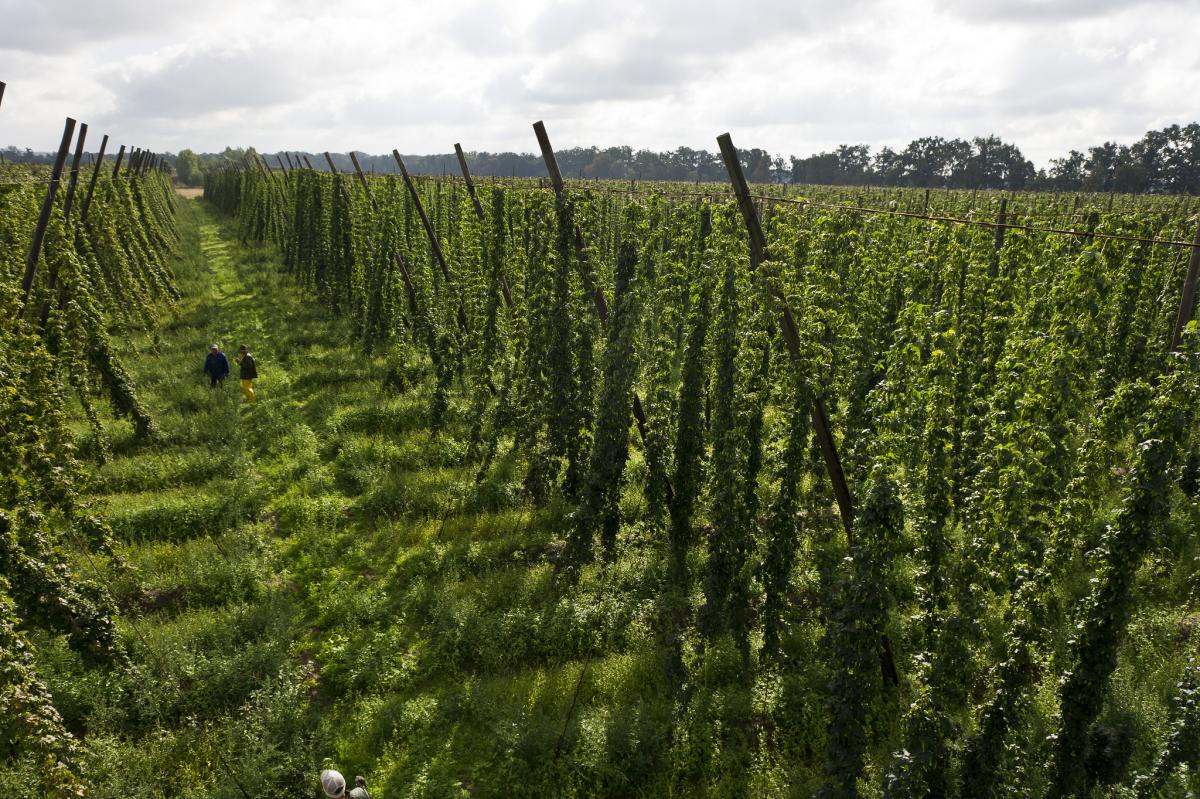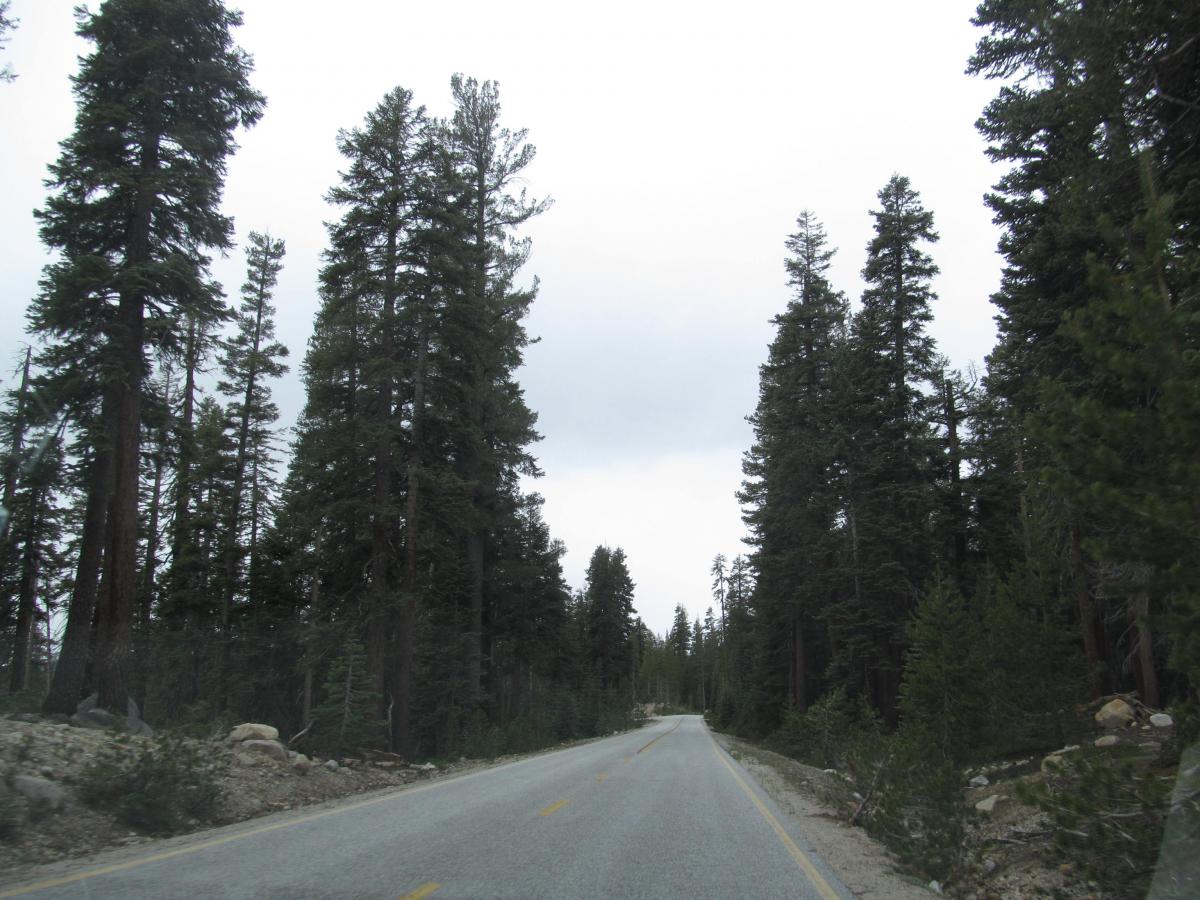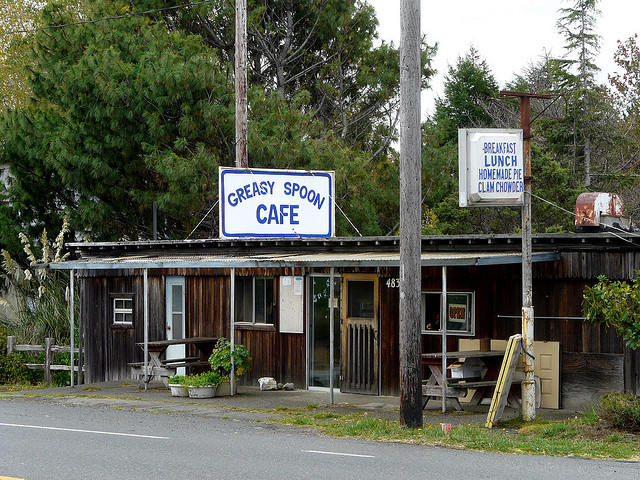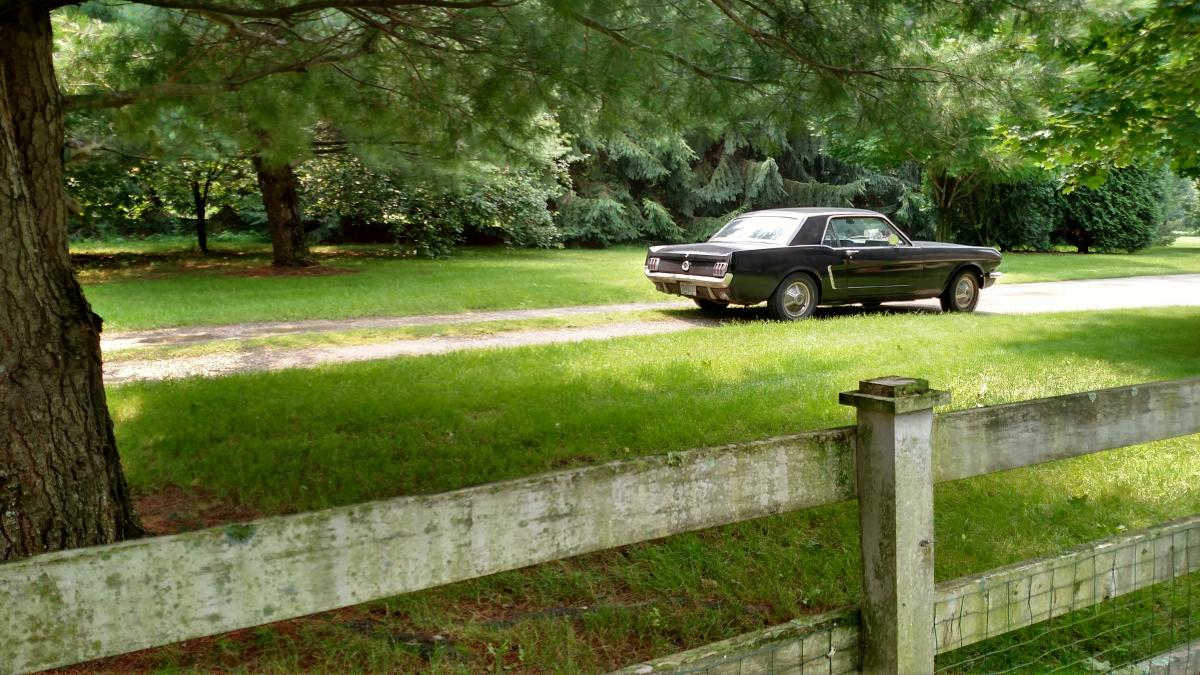By MELISSA MATTHEWSON

Applegate, Oregon
I killed a turkey with my car while thinking about empathy and the Brewer’s Spruce. I hit it with such force the bird flew across the highway landing in the ditch with the thistle and grass. I killed a turkey and didn’t turn back, but the light from the passing afternoon was like honey, and with the traffic steady at four p.m. on the two-lane road and the storm having just moved east, I considered the death of the animal a possible inconvenience to my daily commute. A temporary delay. But no—that’s not what it made me feel. In fact, I’d wished I reversed my car—I did not feel indifference for killing and thought perhaps my duty was to bury the animal, collect the feathers from the highway and gully (strewn there like a child’s game of marbles or rice, flowers across graves, split metal framework, diamonds) and string them through my yard on lines and sticks, decorate the children’s fort, or at the very least, light a candle for its soul. Perhaps strip its body of organs and skin and keep it for dinner. But I didn’t do any of those things. I kept driving, alert to the lingering startle of both bumper and bird. How does a turkey die? What part of its body stops working first? The heart? Did it break its backbone, its sympathetic trunk? Had it only been out foraging for spring buds and last year’s acorns? And what had I been thinking of empathy? —of certain identification with the mountains, of home, of wishing for political forces to cultivate a sense of care for this place I live, a kind of fellowship maybe, something meaningful, close to love. I was sad about the turkey, and the government too, until upon arriving home, I forgot entirely of the bird and death and Republicans when my daughter met me in our driveway, “Hi, Mama!,” half embracing me with a toothy smile and a bowl of crackers in her small hand.



